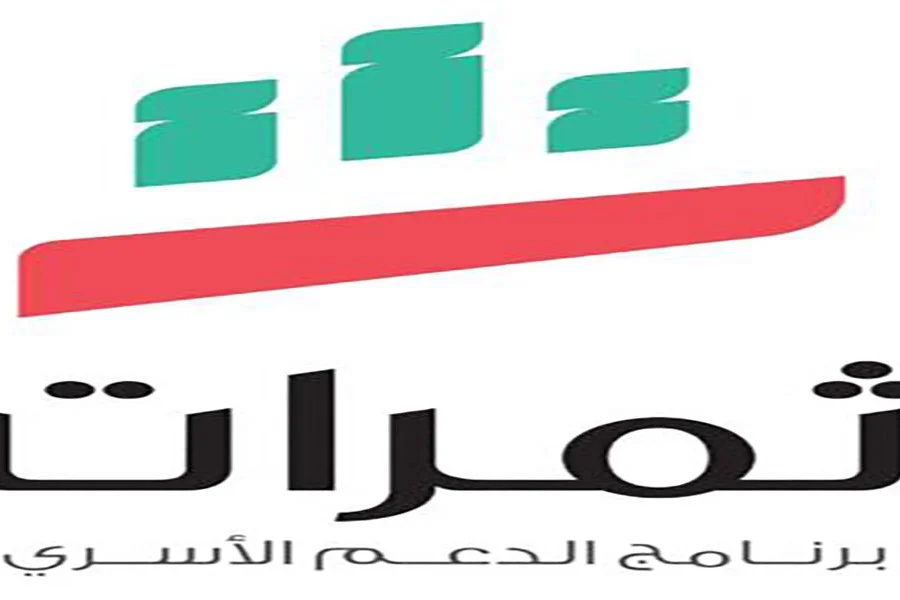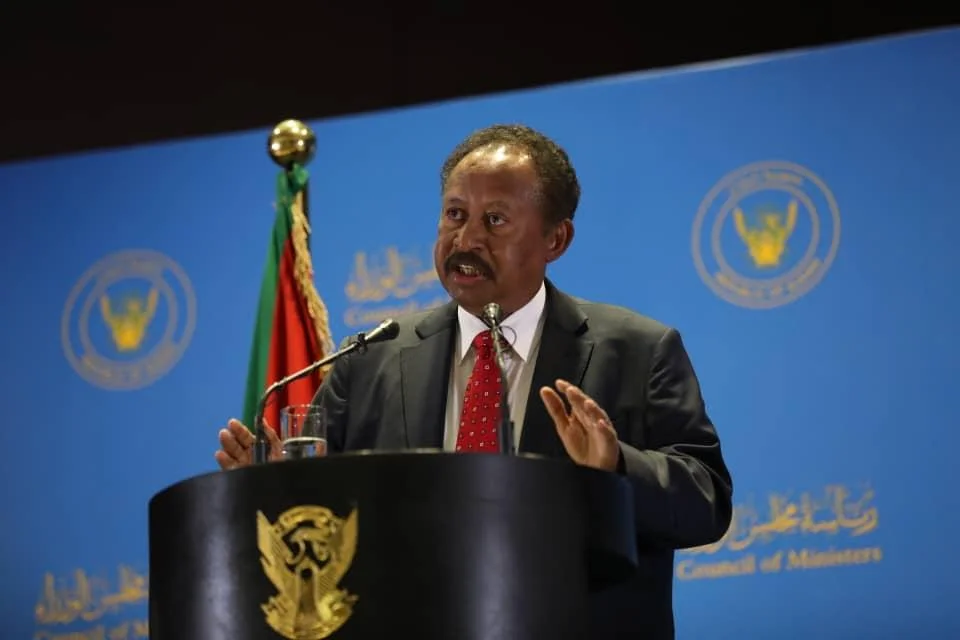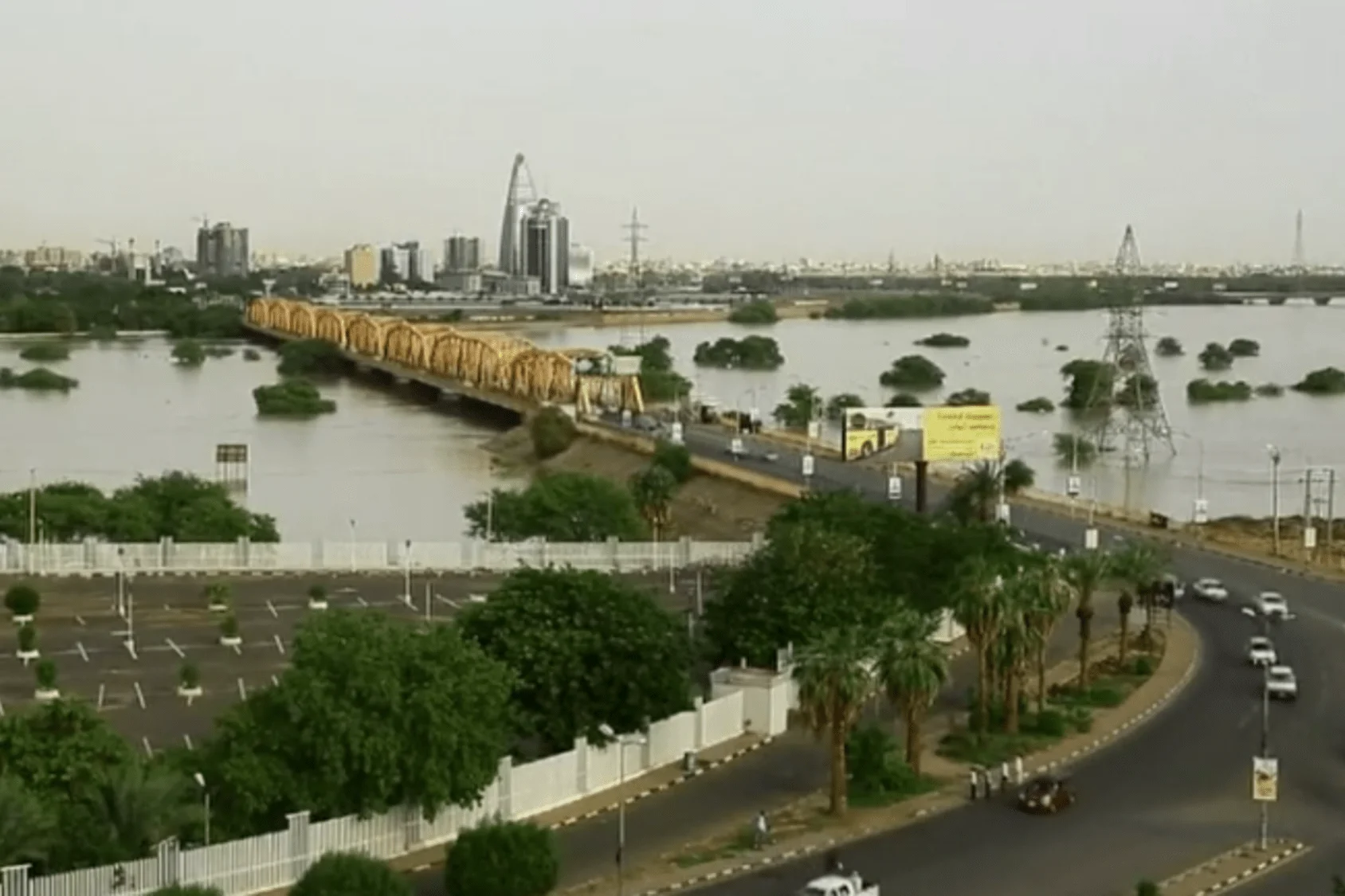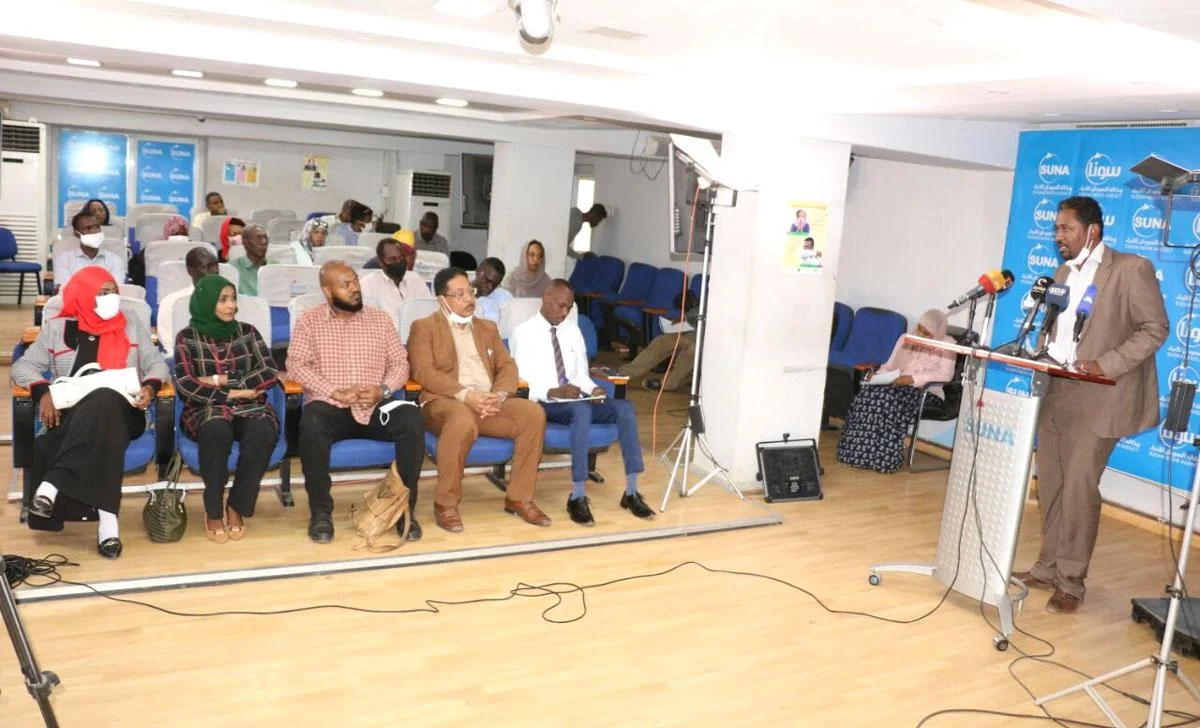Corporate Social Responsibility supports development efforts in Sudan
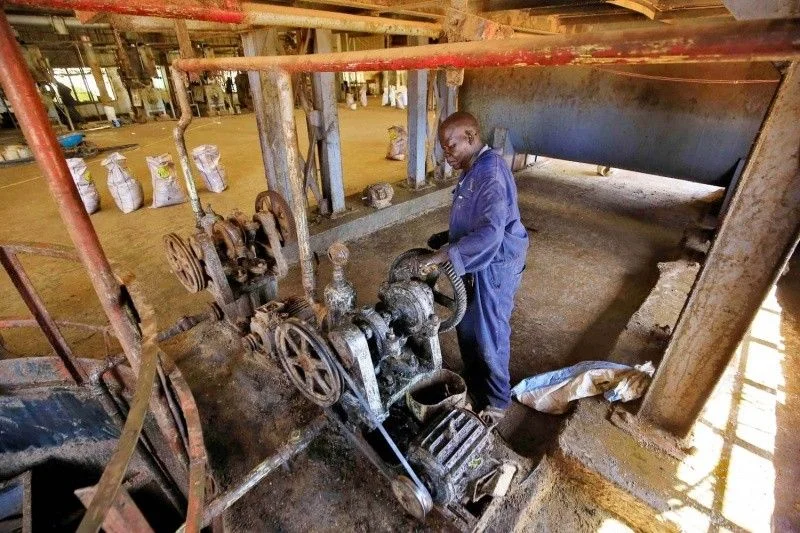
Sudan faces another pivotal battle on the way to realistically embodying economic reform plans by advancing the corporate social responsibility initiative, which the government is counting on in order to provide jobs and contribute to development.
Corporate social responsibility is gaining increasing importance in emerging economies and resource-poor countries, where the role of the state in economic activity declines, and the role of the private sector increases, which means a strong launch of the free market.
This situation works to curb companies’ pursuit of maximum profit and, in return, works to achieve optimal profit, which means the contribution of private enterprises to achieving the goals of society instead of being limited to private individual interests.
Despite the government’s efforts to follow this path, it faces some obstacles that have appeared in the form of demands from local communities in East Darfur State to speed up the implementation of the agreement concluded last April with mining companies towards the population.
The residents of the region demand immediate employment, participation in the senior management of companies, cooperation, correcting the relationship between companies and local communities, and removing all obstacles to ensure the implementation of the government’s direction to increase production.
These demands come in light of difficult circumstances for the productive sectors in various fields, which has brought back to the forefront the role of social responsibility in the business sector and transformed it from providing care to sustainable development.
5 companies operating in the mining sector expressed their commitment to supporting the government’s efforts in employment and development
Social responsibility, the concept of which is documented in the ISO standard, is based on the idea that establishments adopt socially responsible behavior and make their performance related to society and the environment an important part of measuring their overall performance.
The Ministry of Energy and Oil had formed a mechanism in which the stakeholders were represented, and it was called the Quartet Mechanism, which included, in addition to the Ministry, oil companies, state authorities, and local communities.
Officials describe this process as a smart partnership mechanism for community development in the oil regions of East Darfur State (the Quadrilateral Mechanism for Oil and Energy Fields in Sudan).
East Darfur includes 5 oil fields and is considered one of the most important Sudanese states in crude oil production. The Director of Social Responsibility at the Ministry, Ismail Abkar, recently stressed the importance of providing support by oil companies towards production areas in three basic axes, including water, health and environment.
Companies operating in the region express their willingness to fully cooperate with local communities and provide support in the aforementioned areas in accordance with the budget allocated each year, especially since the commitment of businessmen and investors is a decisive factor in the success of the reforms.
The official Sudanese News Agency quoted a representative of Sharif Petroleum Company, whose identity was not mentioned, that the company allocated $1.5 million for social responsibility at the company’s work sites, which are located in three states.
PetroEnergy Petroleum Company is also implementing projects at a cost estimated at approximately $1.7 million, most of which was spent on service projects, while a few remained.
Sudan is considered the latest country in the world to enter the field of vision of investors in emerging markets who are looking for opportunities in places that are only open to foreign capital, which means that there are possibilities to reduce the high levels of unemployment, amounting to about 40 percent, by providing job opportunities for the unemployed.
Pressure has increased on the government to accelerate the adoption of new economic policies to limit the decline in the value of the local currency, contain inflation, achieve stable growth rates, and help the poor overcome their living crises.
The authorities have established a domestic program of reforms aimed at making the GDP grow gradually, removing distortions, improving competitiveness and strengthening governance, which ultimately achieves debt relief visa.
 Algeria
Algeria Bahrain
Bahrain Comoros
Comoros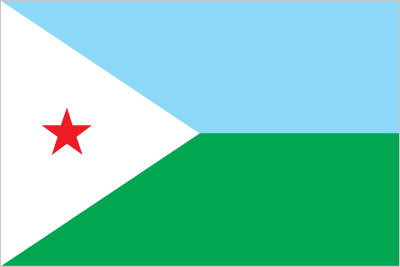 Djibouti
Djibouti Egypt
Egypt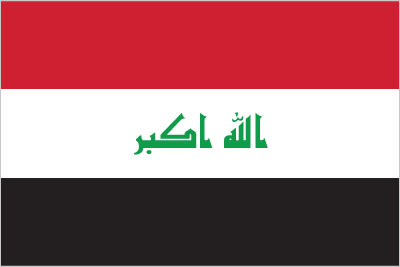 Iraq
Iraq Jordan
Jordan Kuwait
Kuwait Lebanon
Lebanon Libya
Libya Mauritania
Mauritania Morocco
Morocco Oman
Oman Palestine
Palestine Qatar
Qatar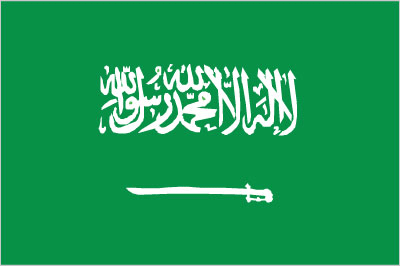 Saudi Arabia
Saudi Arabia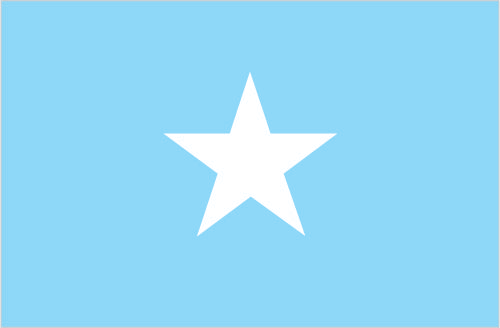 Somalia
Somalia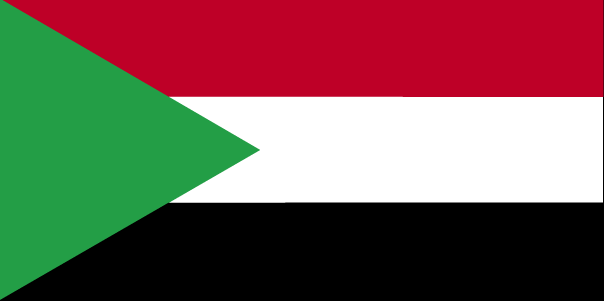 Sudan
Sudan Syria
Syria Tunisia
Tunisia UAE
UAE Yemen
Yemen